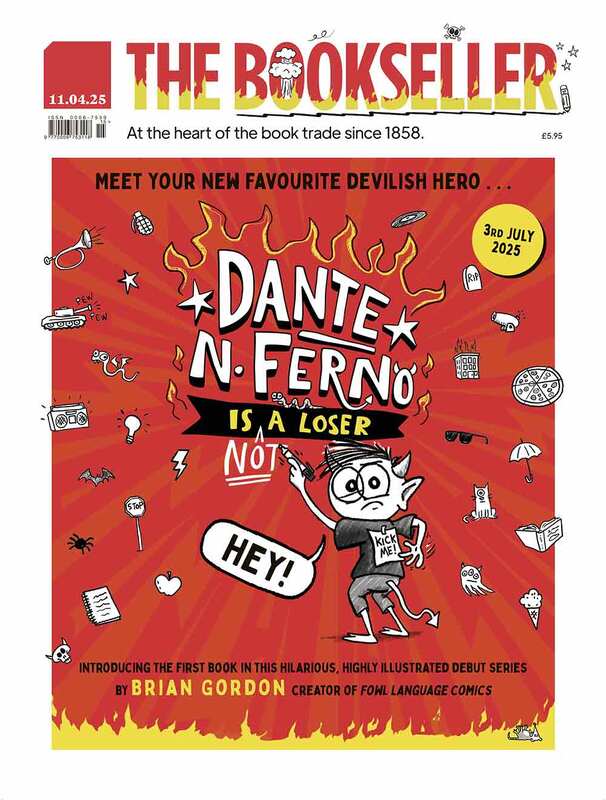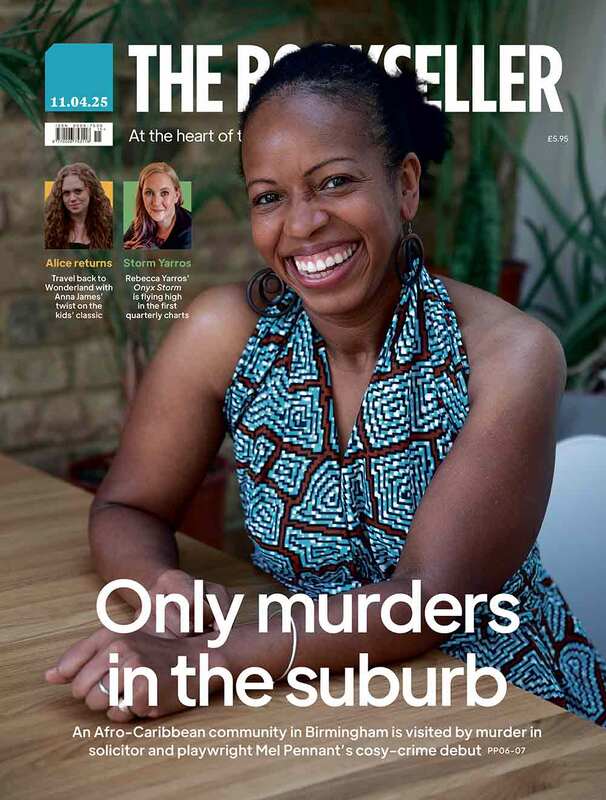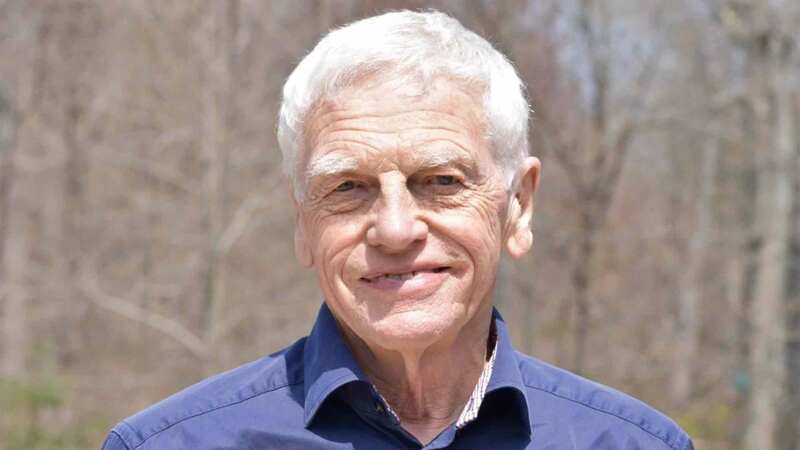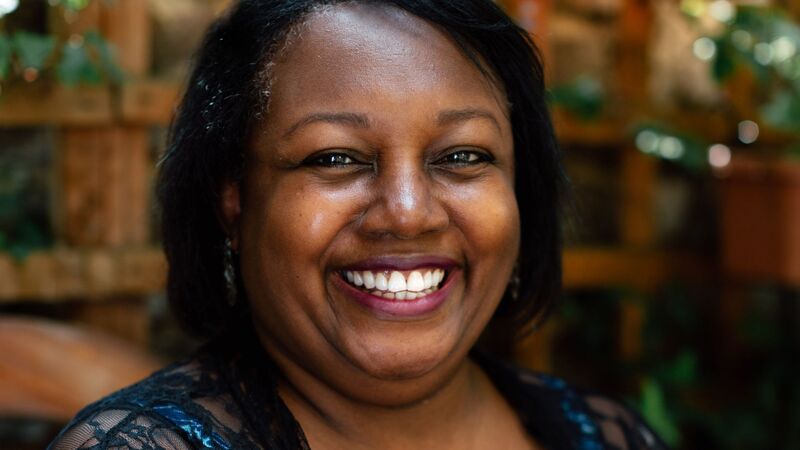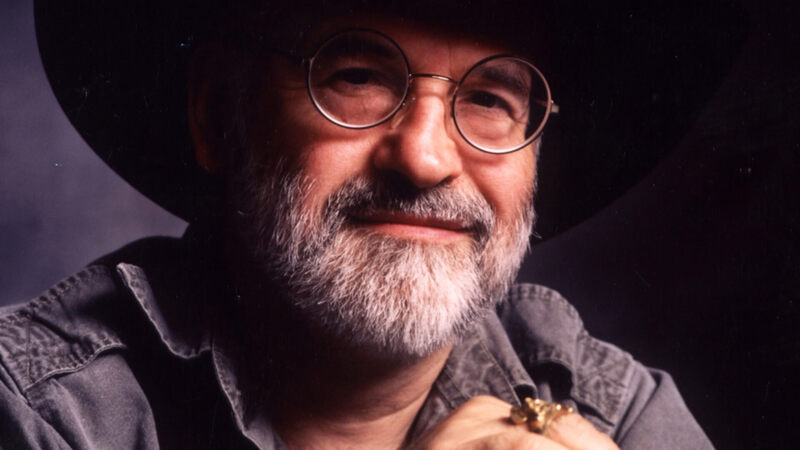You are viewing your 1 free article this month. Login to read more articles.
Authors help crowdfund Cain's book after it received 30 rejections
Authors David Walliams, David Nicholls and S J Watson are among those who have pledged money to crowdfund the publication of journalist Matt Cain’s book after it was rejected more than 30 times by traditional publishers.
The editor of Attitude magazine's The Madonna of Bolton is becoming one of the fastest-funded books on the Unbound platform, having achieved 62% of its target within just five days by Friday (6th October). By Monday (9th October), the book was 91% funded. The record time for a novel to become fully-funded on Unbound is nine days.
It tells the story of Charlie Matthews who grows up in Bolton and becomes obsessed with Madonna, which sees him through some tough times, such as being persecuted at school, fitting in at a posh university and heartbreak. While he relies on his idol, he must learn to find his own voice.
“The Madonna of Bolton will make you laugh, cry and Get Into the Groove,” Cain says. “It’s a book to Cherish and a Ray of Light, and it even has a little Hanky Panky.”
Cain said he was “thrilled” the book was gaining such fast recognition on the Unbound platform after publishers told him it was “too niche” to find a market and “too gay”.
“I am thrilled because to tell you the truth I started writing this book 12 years ago. I had three rejections through one agent in 2007, more through another agent in 2009 and last year the total came to around 30 rejections altogether," he told The Bookseller. “When you get that many rejections you start to doubt if it is ay good and you can lose confidence.”
He added: “The rejection letters all talk about the fact that the book is too niche, that it doesn’t have a market and that they cannot see the appeal for it. Basically, in a lot of off-record conversations too, editors were saying it was ‘too gay’.”
Cain argued that he was “frustrated” by that argument because as editor-in-chief of Attitude magazine, he felt confident the novel would find a solid audience.
“We sell more issues than it takes to sell a bestseller,” Cain said. “We have 830,000 likes on Facebook. There was an article the other day talking about how for the first time one million people identify as being LBGT. The point is there is a market, despite publishers telling me there was no market for it.”
He added: “This is not just a gay book, but even if it was, there is still a significant market for it. It is frustrating for me. There is this disconnect I feel some publishers have with the general population.”
Cain received rejections from large publishign houses and smaller ones. One rejection read “it’s just such a tricky area of the market that I’m not sure this story has a strong enough hook to really appeal to a mass-market readership”. While another said that “it was difficult to envisage who the reader might be”.
Cain has previously written a blog for The Bookseller speaking of his “dismay” over the “homophobia I’ve experienced in the publishing industry”.
“When I’ve pitched gay-themed fiction to mainstream publishers, I’ve been told either that the idea isn’t commercial enough or that there’s no market for it, responses many other gay writers have told me they’ve also experienced,” he said. “I have no problem with any of us being rejected because our work isn’t good enough, but I do object when we’re told that a market for our work doesn’t exist.”
He added: “…and it’s wrong to assume that gay books will only be read by gay people. In the UK, we are now so integrated into main-stream society that the barrier to empathising with central gay characters and their stories in any of the narrative arts has been removed. Besides, I’d argue that readers of fiction have a greater capacity for empathy, boosted by regular glimpses into the hearts and minds of people from different backgrounds, ethnicities and social classes to our own. The general public are ready to read accessible stories about gay lives and experiences. Trust me.”

